
The pomegranate fruit, rich in invaluable substances
The substances that have so far been identifi ed in the pomegranate fruit are numerous and diverse. Some of the most important such substances are phenolic compounds especially ellagic, gallic and digallic acid (located mainly in the pulp and the skin of the fruit) which are responsible for the fruit’s strong antioxidant properties and its ability to preserve lipid oxidation. There are also some alkaloids (such as pelletierine in the root), as well as some phytoestrogens (estrone, estradiol, genistein, and coumestrol in the seeds), which are helpful for keeping cholesterol levels under control. The seeds also contain oleic and linoleic acid. And we should not forget the presence of vitamins B and C, mineral salts, tannins and fi ber.
Suitable for whom?
Thanks to the presence of rich and valuable natural active substances, pomegranate-based preparations are useful in the prevention of risks and disorders related to the vascular system. Moreover, thanks to its antibacterial, tonic and diuretic properties, the pomegranate contributes to one’s general well-being.
A number of experimental studies have so far confirmed that a daily intake of just a few milliliters of pomegranate helps to protect the circulatory system.
Modern phytotherapy attributes several beneficial health properties to the pomegranate fruit. These health properties can largely be traced back to the presence of polyphenolic substances, which are known to help prevent the onset of vascular disease, as has been widely reported in the literature.
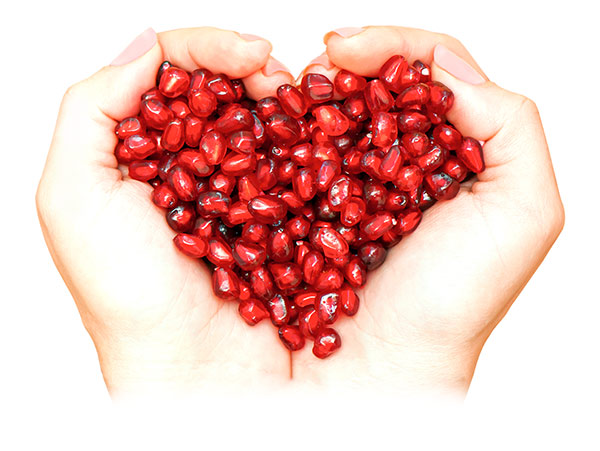
Antioxidant ORAC score (units/100g)
Antioxidants
0
Pomegranate
0
Blueberry
0
Blueberry
0
Red grape
Antioxidant properties
The regular consumption of foods rich in polyphenol antioxidants is known to be associated with a decreased risk of developing vascular disorders. One of the factors involved in the development of such disorders is the oxidation of low density lipoprotein (LDL). Clinical studies show that the consumption of pomegranate juice may help to promote the regular functioning of the cardiovascular system.
Antibacterial and anthelmintic properties
Modern scientific research has confirmed the antibacterial and anthelmintic properties traditionally attributed to the pomegranate fruit, showing that these properties are due to the presence of ellagic acid, alkaloids and tannins in the fruit.
Cholesterol: keeping it under control
Cholesterol is a fatty substance produced naturally in all bodily tissues, insofar as it is essential for life: it plays a key role in the production of vitamin D and of various hormones, as well as in cell formation more generally. It is also the fundamental constituent of Schwann’s Sheath (a cellular layer that covers nerve cells), and it constitutes an important energy reserve for the organism. However, an excess of cholesterol may be harmful, especially for the cardiovascular system.
Cholesterol is carried through the bloodstream by lipoproteins, which are of two different kinds: low density (LDL) and high density (HDL).
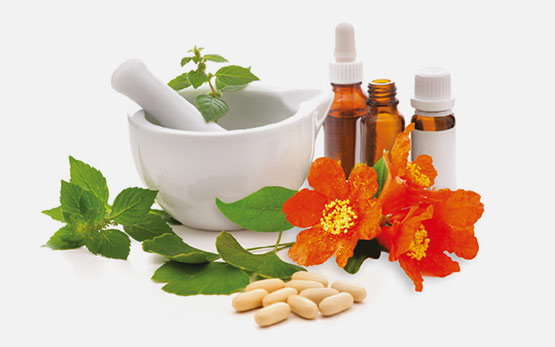
Hyperlipidemia
Hyperlipidemia is known to be one of the leading causes of death due to coronary heart disease. Hyperlipidemia consists in excessively elevated levels of plasma cholesterol and of lipoproteins carrying triglycerides. The condition affects approximately 15-20% of the population in Western countries. Even slightly high levels (just over those considered ideal) entail a higher risk of heart attack (myocardial infarction). Keeping this in mind, 50% of the population is at risk.
Hypercholesterolaemia
A particularly dangerous indicator is a high level of cholesterol in the blood (hypercholesterolaemia), which can be caused by metabolic defects, usually inherited, or by excessive consumption of cholesterol in food. Current medical practice focuses on the levels of LDL-cholesterol, the socalled “bad cholesterol linked to low density lipoproteins, rather than on the total levels of cholesterol in general. Indeed, we know that LDL-cholesterol promotes the formation of atherosclerotic plaques, while HDL-cholesterolrelated to high density lipoproteins and known as “good cholesterol”- actually protects against cardiovascular disease. Special attention should thus be given to substances that help decrease LDL-cholesterol levels.
Aggravating factors
While genetic predisposition play a role in many cases of high cholesterol levels, there are other aggravating factors such as:
Inadequate eating habits: A diet rich in fats, especially animal fats, increases the consumption of cholesterol and triglycerides, and worsens the situation.
Other habits: Smoking not only increases the risk of atherosclerosis, but also causes a progressive narrowing of the arteries, in addition to various other harmful effects. Stress also makes the situation worse.
Other habits: Hypertension (high blood pressure) and diabetes may result in damage to the lining of the arteries, and this damage favors the accumulation of cholesterol and the subsequent formation of atherosclerotic plaques. It is essential to follow a diet that lowers cholesterol and triglyceride levels, while increasing the levels of good cholesterol.
Effects on the brain
Effects on the heart is the most important cause of stroke, which can result from blood clots or from the rupture of dilated brain arteries (aneurysms).
Effects on the heart
Hgh blood pressure can cause heart attack (myocardial infarction), angina pectoris, arrhythmia and cardiac defi cit. Chronic pressure overload can lead to congestive heart failure.
Effects on the retina
Hypertension damages the thin vessels of the retina.
Effects on the kidney
A renal disorder can be both a consequence and a cause hypertension.
Effects on the arteries
A blood clot can form on the damaged arterial walls, obstructing blood vessels. The arteries can dilate to the point of rupture.
What is blood pressure?
With every contraction, the heart imparts a force on the blood stream, which then exerts pressure against the walls of the vessels in which it fl ows. The phase in which the heart contracts to push blood within the arterial system is called SYSTOLE. Hence, the pressure generated from this part of the cardiac cycle is known as SYSTOLIC BLOOD PRESSURE. In the following phase, the left ventricle “relaxes” and becomes fi lled with blood; this part of the cycle is called DIASTOLE. Without the push of blood caused by the contraction of the left ventricle, arterial pressure diminishes, and its value at this point is known as DIASTOLIC BLOOD PRESSURE.
Blood pressure (chiefly systolic blood pressure) increases with age, mainly as a result of increased arterial rigidity.
Blood pressure (both systolic and diastolic) undergoes variations during the day: it is higher in the morning, just after waking up, and shrinks slightly in the hours that follow, rising again in the evening. During sleep, blood pressure dwindles below daytime levels.
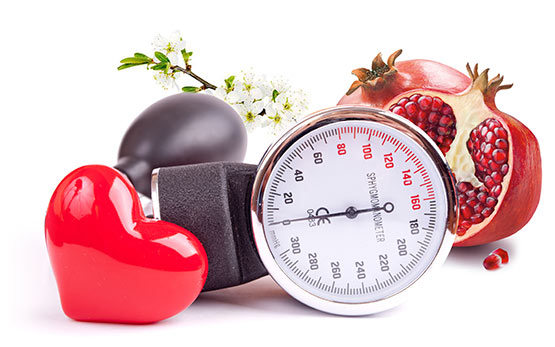
Production - Quality - Guarantee

More attention to people.
Optima Naturals has been present in the phytotherapeutic market with the Heart of Pomegranate Line since 10 years and has decided to certify the Line GLUTEN-FREE AND LACTOSE-free.
A line, a therapy, gluten-free and lactose-free that responds to the needs of people with celiac disease and allergic or intolerant to lactose or gluten. A need for greater attention to people.
In the market the requests for totally vegetable products are more and more frequent.
Heart of Pomegranate Heart is a totally vegetable line that does not include any ingredient of animal origin.
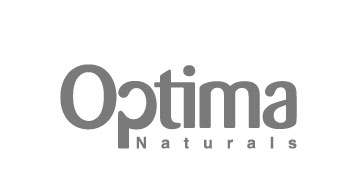
Optima Naturals ensures product quality through the application of philosophy GMP (Good Manufacturing Practices) and maintaining an ISO certified quality system. All the products of the Cuore Linea di Melograno® are made with the utmost attention to the quality of the ingredients and to the production processes.
The manufacturing plants operate under strict GMP quality system, and have been inspected and controlled by independent third parties. Each production process is monitored and documented with complete traceability.
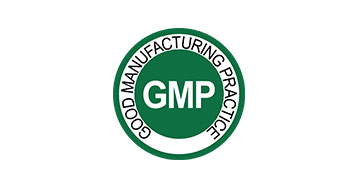
Are a series of rules concerning the production phase, the quality of both the ingredients used for the formulation and the finished product and therefore the control of the effectiveness of the same. Every process of the production activity and every operation attached to it must be documented.

It is a certification that imposes strict production standards to ensure consumers greater safety, consistency and high quality. The production facilities that collaborate with Optima Naturals have been set up with the most advanced technologies to assure customers and consumers of innovative products of constant and exceptional quality.
